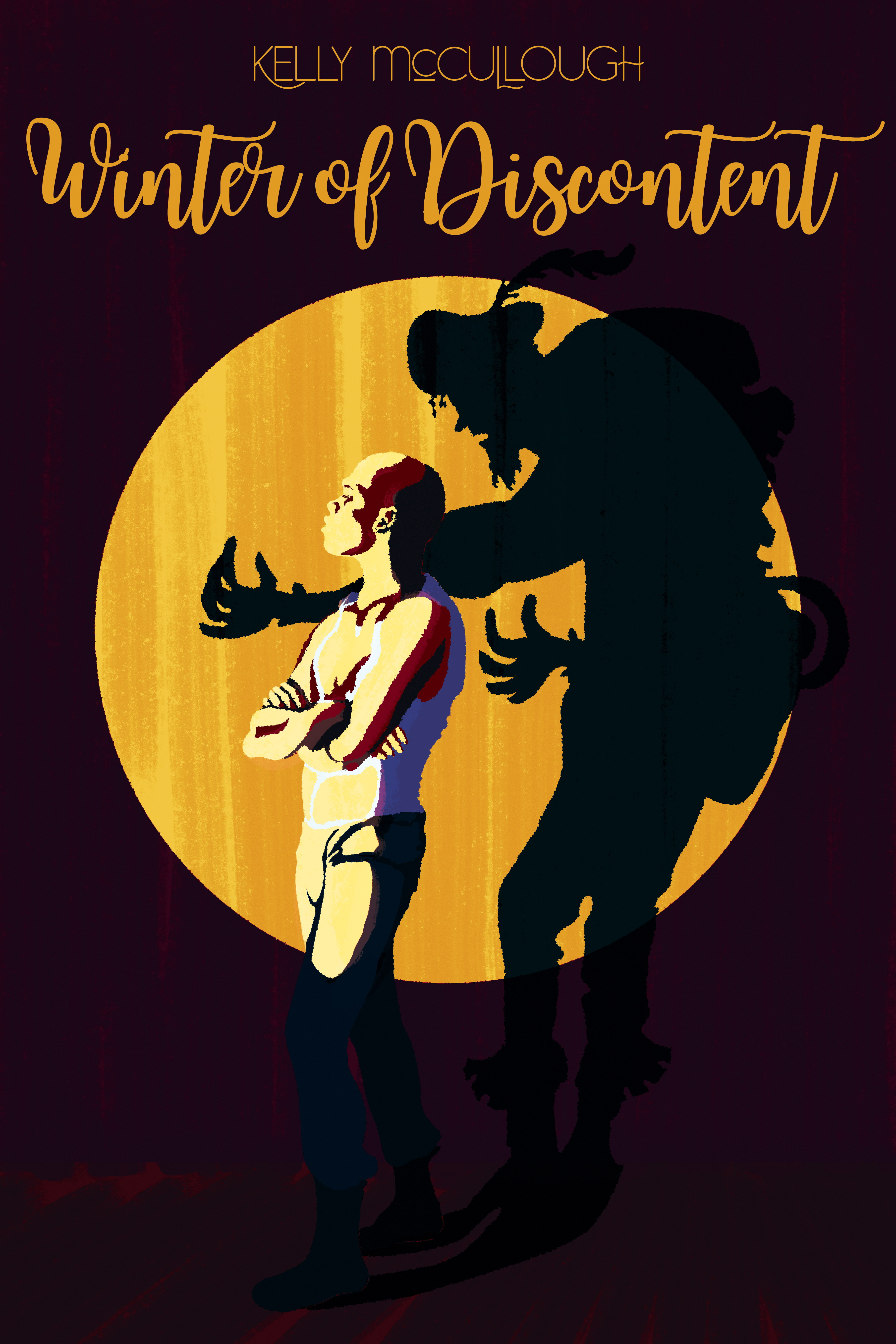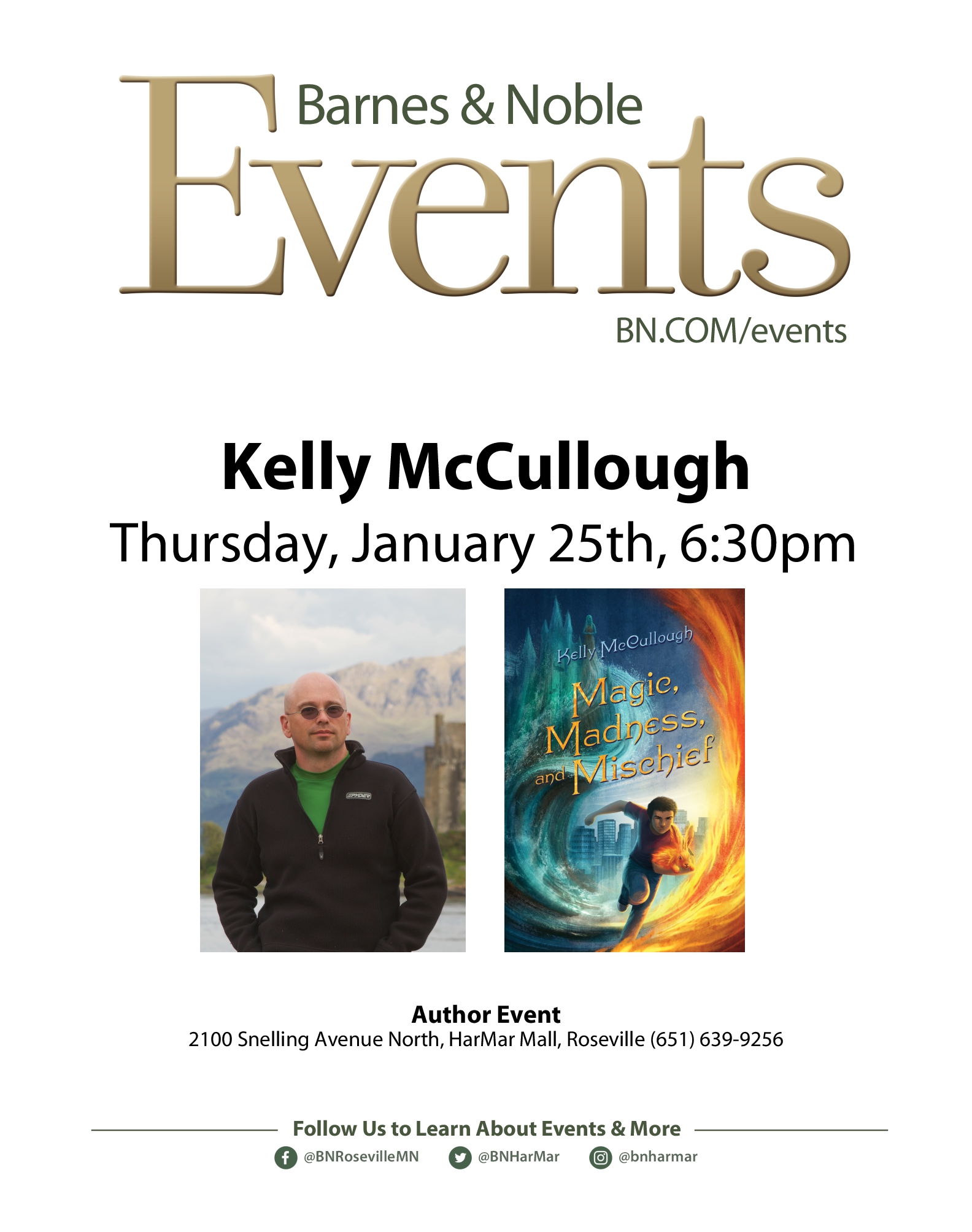Troll typed alone in his basement home,
He whined and lied with his book of chrome;
For many a year he had made it clear,
That truth was hard to come by.
Done by! Gum by!
In his parent’s basement he dwelt alone
And truth was hard to come by.
Down came mom with a sigh and sob.
Said she to Troll: “Pray, get out slob.
For it looks like a pit, where you type your shit,
You should be workin’ at a real job.
Steel job! Deal job!
This many a year have you done nought,
And I thought you should have a real job.”
“But mom,” said Troll, “I need a host!
I can’t be distracted from what I post.
Thy bandwidth was free because I had your key,
And I need it to shitpost.
Bitpost! Hitpost!
Who can spare a share for a poor sad troll?
For he needs his tweets liked.”
Said mom: “I don’t see why the likes o’ thee
Without axin’ leave should go makin’ free
With the password o’ your mother’s router;
So hand the keyboard over!
Rover! Trover!
Though troll you be, that belongs to me;
So hand the keyboard over!”
“For a couple o’ pins,” says Troll, and grins,
“I’ll troll thee too, and post thy sins.
A bit o’ fresh meat will be fun to tweet!
I’ll try my posts on thee now.
Hee now! See now!
I’m tired o’ posting old whines and memes;
I’ve a mind to post on thee now.”
You’ll be a nice change from other targets.
Bargets! Czargets!
But just as he thought his mother was fought,
He found his hands had hold of naught.
Before he could mind, mom slipped behind
And snatched his keyboard to larn him.
Warn him! Darn him!
A snatch o’ the keyboard his mom thought,
Would be the way to larn him.
But harder than stone is the heart and pwn
Of a troll in his basement alone.
As well set your boot to the mountain’s root,
For the heart of a troll don’t feel it.
Peel it! Heal it!
Old Troll laughed when he snatched it back,
And he knew her rep would soon feel it.
Mom’s rep is slain, since he trashed her name,
She raised a troll to her lasting shame;
But Troll don’t care, and he’s still there
With the wifi he stole from its owner.
Doner! Boner!
Troll’s old game is still the same,
And the wifi he stole from its owner!


